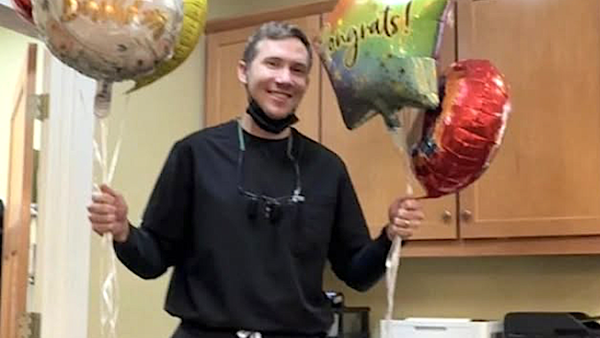A MCCRONE 2.0 could be prevented by more community ownership of energy in Scotland, a campaigner has said.
The McCrone report saw Gavin McCrone reveal 51 years ago how North Sea oil and gas could have made Scotland rich, but it wasn’t revealed by Westminster until 2005.
Scotland’s renewable energy production share is now one of the highest in Europe in 2025, yet Scots have some of the most expensive power bills.
Anne Thomas sits on the board of Highland Peoples Power – a new community benefit society launched and led by residents in the Highlands, which is looking to push for increased community ownership of renewables in the region.
The Highlands is particularly hard hit by rising energy bills despite having the highest renewable energy development of any region in the UK.
“We do have a chance at this stage to change the narrative but only if we take the opportunities of ownership,” Thomas told The National.
As of the end of 2023, around 1028 MW – or roughly 6.6% – of Scotland's renewable electricity capacity is community owned, which represents approximately 51% progress towards the Scottish Government's 2030 target of 2 GW of community-owned renewable energy capacity.
But it is progress that Thomas feels is too slow and more action should be taken, including introducing quotas.
For example, in Denmark, estimates suggest that over half of the country's installed wind capacity is owned by citizens – aided by the fact that since 2009, the Danish Renewable Energy Act has required at least 20% community ownership for all new wind projects.

“I know the Scottish Government is tied up by the Scotland Act. But I know that Common Weal did set out some ways around that. I think we could push for a lot more ownership of our own assets. Even if we have to borrow to do so, then that's still worthwhile.”
Gillian Martin, Scotland’s Cabinet Secretary for Net Zero and Energy, claimed last month that the current devolution settlement prevents the Scottish Government from setting up its own energy company.
But Common Weal, a pro-independence think tank, said that the claim is based on a “limited reading of a law” and that Martin’s comments amount to “an excuse for inaction”.
The Scotland Act does technically prevent the Scottish Government from “owning, generating, transmitting or storing” electricity.
“On the face of it, [this] would prevent a national electricity company,” Common Weal outlined in a briefing paper.
“However, it should be noted that the law is blatantly not fit for purpose.”
Craig Dalzell, the head of policy and research at Common Weal, told The National that there are numerous other options the Scottish Government could be taking.
Meanwhile, when it comes to community energy in the Highlands, Thomas said that opportunities are currently often missed by communities – which is why Highland Peoples Power has been set up.
“We're aware that often opportunities were missed by communities because they maybe did something with their local wind farm or a project and then they stopped,” she said.
“When the next thing came along, another community was having to start from scratch and learn all the skills and often these projects are getting bigger and bigger, and sometimes communities are finding that they're just too big for them to take the opportunity of what's on offer.”
She said that the organisation is particularly interested in the model adopted by the 9CC group in Ayrshire.
The 9CC Group is made up of nine communities in the Cumnock and Doon Valley area dedicated to making sure people can access multi-million-pound community benefit funds generated from wind farm developments.
Thomas added: “That looks like an attractive model. [But] at the moment, we're completely open to any sort of renewable project that seems feasible, so either community benefit or joint ventures.”







